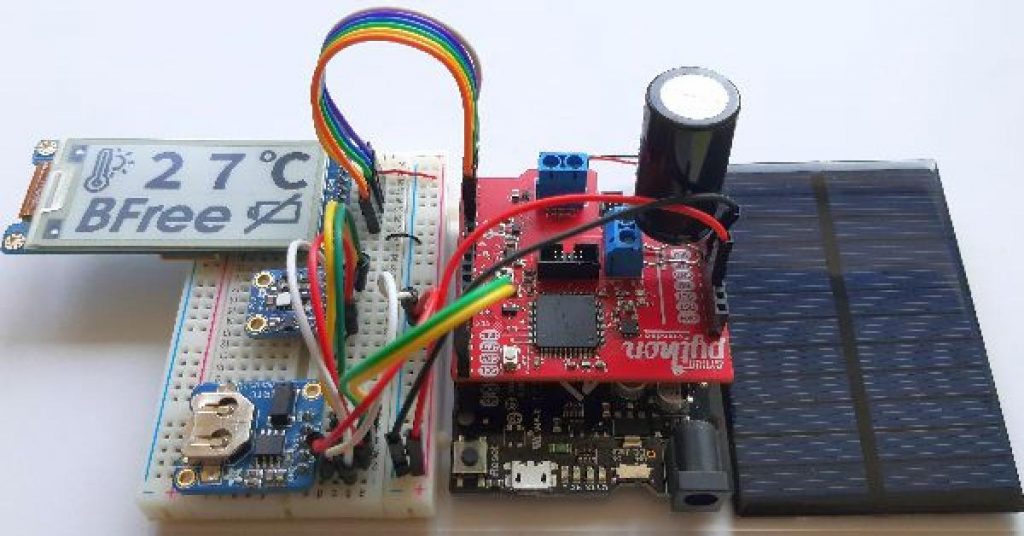“Only I can live forever”
A group of computer engineers and researchers from Northwestern University and Delft University of Technology have developed a battery-free system that gives electronic devices an infinite lifetime by running on harvested energy such as solar power. The system called BFree allows devices to operate whenever power is available. That means, it allows the smooth pausing of calculations whenever power is interrupted and then resumes back from the last point. This system was built to reduce the huge e-waste, which accounts for 53 million tons globally each year.
Josiah Hester, co-lead of the researcher told about the idea behind this battery-free system and said, “The goal, which may be a ways off is for battery-free technologies like BFree to replace the battery-powered versions, for reasons like sustainability, but also for convenience and reducing maintenance costs.“
BFree uses a power-failure-resistant version of the most common programming language Python and includes energy-harvesting hardware called BFree Shield which is also a component designed by the team for previous work. Last year, the team unveiled a battery-free Game Boy called “ENGAGE” which was powered only by the kinetic energy from the button presses. Hester explained that “future versions of BFree or runtime systems inspired by the battery-free programming capabilities of BFree could [also] be useful for space and especially small satellites which are powered completely from solar.”
The team hopes that the new system will help reduce the dependability on batteries and reduce the unsustainable practices that produce a huge amount of e-waste each year. “Makers all over the internet are asking how to extend their device’s battery life. They are asking the wrong question,” Hester explained in the Northwestern statement. “We want them to forget about the battery and instead think about more sustainable ways to generate energy.”
This could be a huge breakthrough for DIY electronics allowing a radical reduction in e-waste as well.

